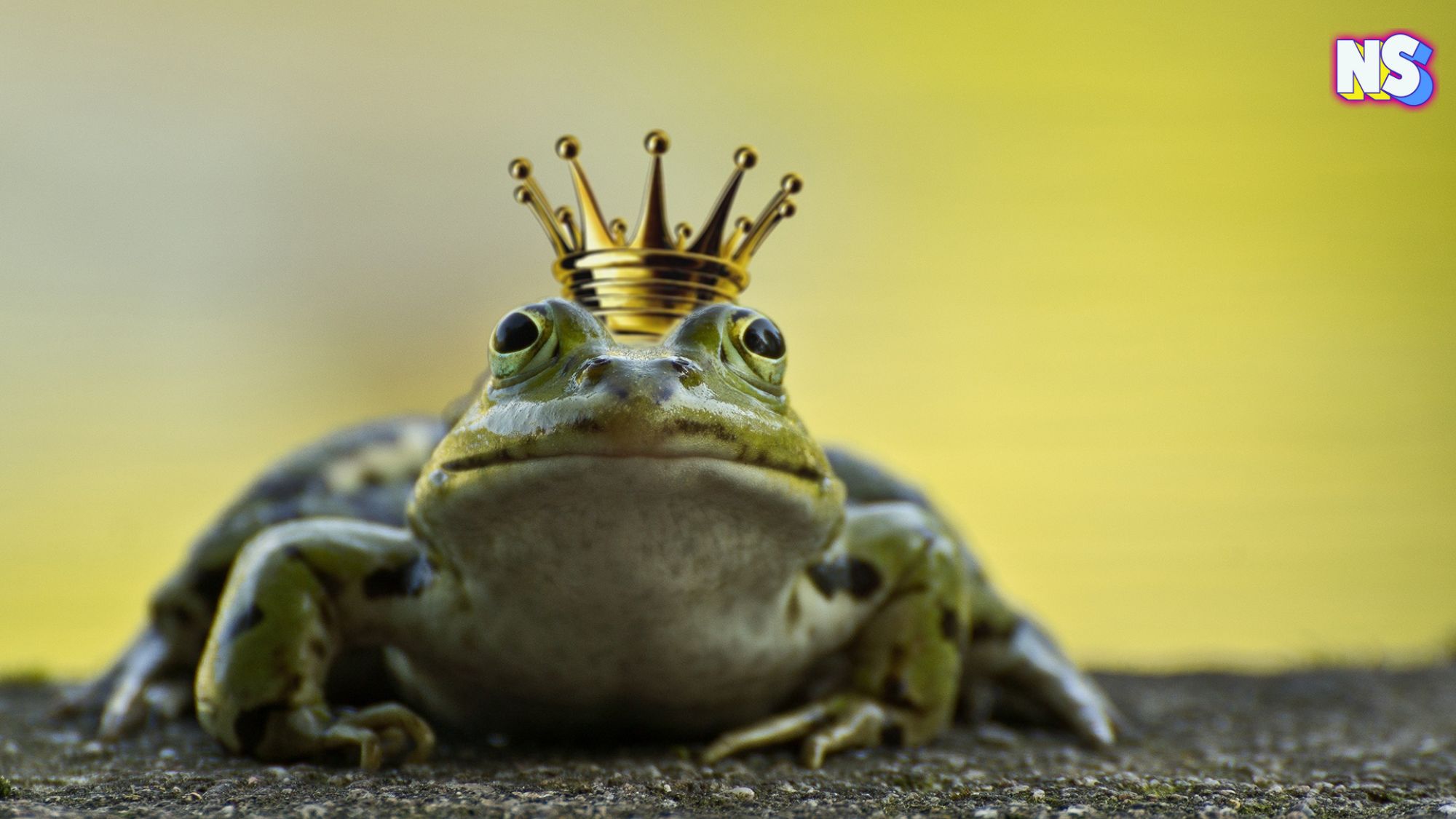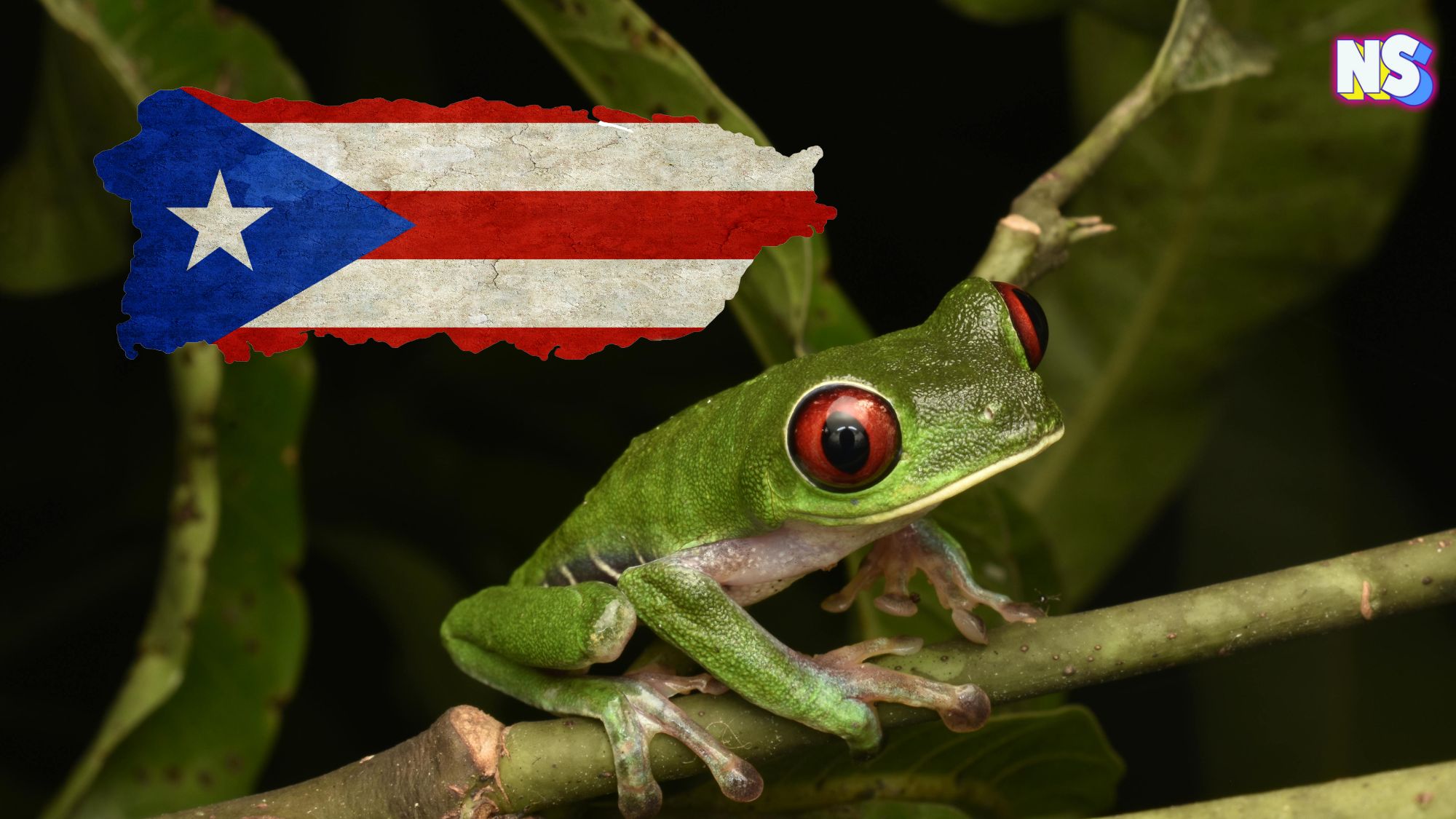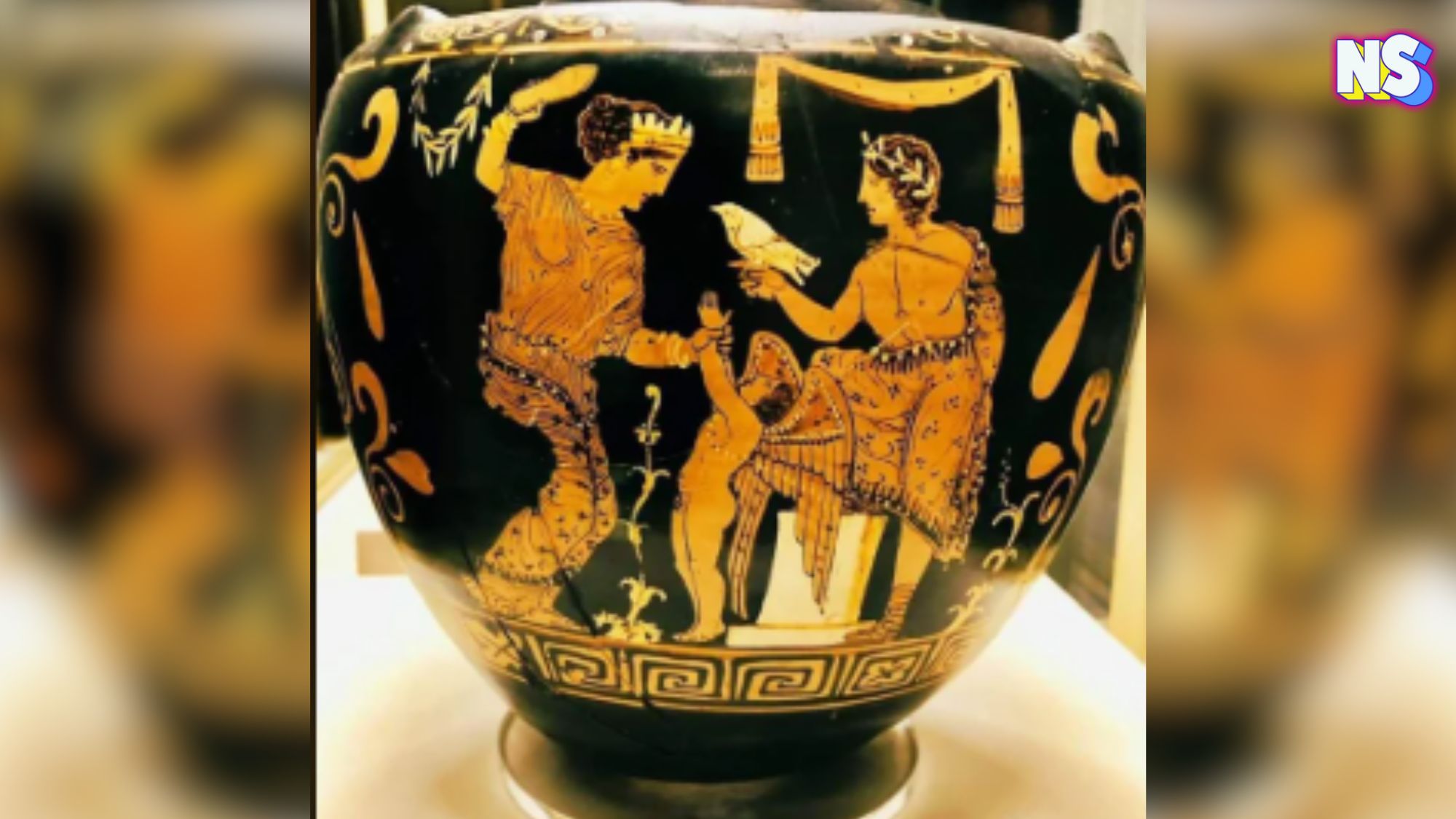Just yesterday, I overheard my daughter comforting her friend by gently rubbing her head and saying, “Sana Sana, culito de rana.” My daughter was serious. Her friend was confused.
You see, Dahlia had told Cristina, my daughter, that she had a headache. Naturally, Cristina wanted to help her feel better. So, like any self-respecting Latina, she performed the time-honored “Sana Sana” ritual.
And that’s when the cultural clash we often see here in the United States made an appearance, right in the middle of an afterschool activity. A well-meaning gesture caused confusion. And the healing powers of a frog’s butt took center stage.
It all made me wonder: How did a tiny amphibian body part become the best medical advice my child could give? Like most Latino sayings, there had to be a good reason behind it … or was this just one giant leap (pun intended) of faith?
Origins of ‘Sana Sana’
Most of us raised in a Latino household know this rhyme – mostly by mothers, grandmothers, or any person authorized to kiss booboos –, works every time. It’s like Neosporin for the soul.
“Sana, Sana, Colita de Rana (heal, heal, little frog’s tail) is an endearing phrase based on a common children’s rhyme in Spanish about a little frog’s tail healing to offer comfort and build resilience,” an article on the topic, by the County of San Mateo, explains. “This expression is commonly used in many Latino/a/x communities to offer consolation when one, specifically a child, has fallen or gotten hurt. The phrase continues with ‘if you don’t heal today, you will heal tomorrow.’”
But where did it come from? A couple of unexpected origin theories hop into the story.
A Romanian blogger claims, “’Sana Sana, Colita de Rana‘ actually comes from a medieval Romanian phrase: ‘Vindeca ca o broasca, si azi si maine!'” (“Heal like a frog, both today and tomorrow.”)
He says it was brought to Spain by Romani (Gitano) communities through flamenco music, then passed on to Latin America during colonization. In Romanian folklore, frogs were seen as healing creatures, especially for their magical ability to regrow limbs, often used (allegedly) in witchcraft.
This takes us to Spanish-language TikToker, @diccionariovenezolano, who offers his own theory: it’s rooted in Northern Irish witchcraft, suggesting that the rhyme’s healing power has mystical origins far older than Latin America.
Is it Sana Sana Colita, Culito, or Curita?
Everyone can agree that, at its core, no matter what country it came from, “Sana Sana” has a great message: things will get better tomorrow. Some go so far as to say that, as a healing ritual, this rhyme actually works. As Dr. Gustavo Ferrer, author of “Cough Cures: The Best Natural Remedies and Over-the-Counter Drugs for Acute and Chronic Cough,” tells me, most healing rituals by Abuelas bring comfort no matter what. They “offer a moment of mindfulness, a spiritual reset.”
Now, because Latin America is a vast, diverse place full of linguistic creativity, “Sana Sana” comes in many forms. The magical spell has a few colorful variations, so let’s explore them. Here’s what real Reddit users, and others, had to say about the variations they grew up with.
Mexico: Tail or … Not-Tail
“I know people sing it differently,” one Reddit user explains. “Some people say, ‘culito de rana,’ which is frog’s a*s. My mom always sang ‘colita de rana,’ which is frog’s tail. She said it was because the pain, much like a tadpole’s tail when it turns into a frog, will go away and you won’t even notice,” a Reddit user explains.
So, depending on where you stand in Mexico (or maybe which tia is doing the healing), your frog anatomy lesson might get a little … anatomical.
Cuba: Let’s Just Say It
“My Cuban family always said culito,” a Cuban American Reddit user writes.
Culito. Straight-up. No frogs pretending to be modest. This version is less about healing and more about making you giggle so hard you forget you just face-planted off a tricycle.
Chile: The Butt is Small, But Still a Butt
“In Chile, we say ‘Potito de rana,’” my Chilean American friend tells me.
Potito is a cutesy way of saying “little butt.” This is how Chileans gently ease you into the realization that life hurts, but it’s adorable about it.
RELATED POST: The ‘Limpia de Huevo’ Explained: Latino Reiki, Placebo Effect, and Abuela’s Touch
4. Puerto Rico: Bring in the First Aid Kit
“My Puerto Rican mom said ‘Curita sana,’” another Reddit User writes.
A curita is a Band-Aid. So this version skips the frog entirely and goes straight to first aid. Practical and sanitary, like Puerto Rican moms tend to be.
Latin American Moms in General: Rated G
“My mom always said curita,” a Reddit user writes. “I wonder if that was a family way of making it G rated.”
This G-rated version replaces frog butts with healing bandages, for moms who don’t want their kids repeating questionable anatomy terms at school during Show & Tell. Other online comments related to this version.
So what have we learned here? That frogs are apparently powerful healers? That moms everywhere are creative ancient healers? That “Sana Sana” may be rooted in witchcraft and/or frog abuse?
It doesn’t matter. What matters is that, if it doesn’t work out today, well, then there’s always mañana.





